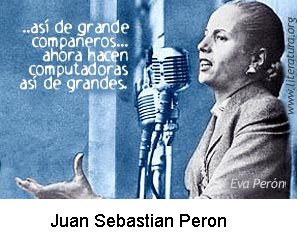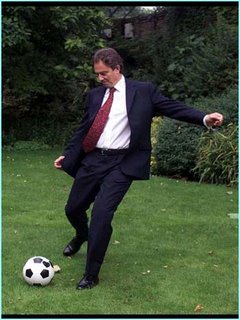Ghana
FIFA youth tournaments – yes! Ghana making a World Cup? Don’t be ridiculous - but they have finally made it to the big time but only after coming through a qualifying group where Sth Africa were useless and DR Congo stupidly made mistakes. Something tells me Ghana won’t be ready for this one. They played poorly at the recent African Nations Cup in Egypt so match ups with Italy, the United States and Czech Republic might be asking too much.
Here’s another African nation where from their early history they were made up of tribal settlers whilst merchants and traders muscled in and prospered but god only knows why on kola nuts. There was the obligatory slave trade that the British tried to abolish in 1824 but the Ashanti people held off the British influence yet the British persisted by absorbing the Ashanti empire into its own colonial control. Plenty of political radicals came and went culminating in whatever party aimed to take control and so it happened in 1957 where Ghana was founded by merging it with British Togoland and with the Gold Coast crown colony. Ghana was the first African nation to obtain independence from Britain.
Dr Kwame Nkrumah led Ghana’s independence but even he couldn’t solve the economic problems of the country. Discontent as usual where Ghana went Republic in 1960 and then totally flipped back to Socialism in 1964. Nkrumah visited China – and sure enough he was overthrown just like that. No surprises that it was the military under General Joseph Ankrah who hilariously named his ruling party The National Liberation Council. The consensus was that the people would aim to control the country and this helped increase the number of political parties – but no party could control inflation and the ongoing corruption. In 1972 another military coup occurred this time under the National Redemption Council. This government was unpopular as food prices went ballistic and the black markets took their opportunities. Military leader after military leader stepped in. They even dragged back former leaders into the circus of musical chairs. None of this helped the people.
In the early 80’s someone mentioned the word ‘democracy’ and with that Ghanaians already in exile returned by trying to wrestle back control of the country from the military pigs. Some of the exiles had almost planned an attack by using American mercenaries such as George Clooney, Bruce Willis and Steven Seagal. In 1992 after so many coups, an 11 year ban on political parties was lifted – oh hooray! But what had been at stake in Ghana all this time? They had oil but they have always been terribly slow in organising its export value. They have diamonds as well, so generally there has been wealth to exploit and that means plenty of potential for conflict. Togo who are at the World Cup themselves had ethnic clashes with Ghana between 1994 and early 1995. The clashes screwed up the health system in Ghana and strangely enough cholera and meningitis broke out killing more people than any of the border skirmishes.
The late 90’s saw Presidents sworn in. Elections were tried again but the public outcry was always about everything being overpriced and that there was excessive force used by the police to control the people. There was the usual quota of corruption due to the unstable political systems but at least sometimes the right people were arrested and jailed for it. Ghana’s economic management was basically a big joke. Vaccination programs were assisted by the Japanese. Currently around 120 000 orphans exist because of AIDS. With so much trouble brewing you wonder how clans and tribes would remain undemanding.
But the politicians went on reshuffling themselves along with a new scandal every week. Someone even had time to lose $45 000 in a suitcase that was being used to pay bonuses to the Ghanaian Football team during the 2002 World Cup campaign or did they just run off with the cash to Bermuda? The country went into night curfews as rival tribesmen clashed. The World Bank seems to dictate the country’s economy – a perilous state of being. In 2002 came the disturbing beheading of the King of the Dagomba people - the largest ethnic group of the region. The Abudu tribe did the chopping as they want the throne of power. Nice work if you can get it.
So what has come to the ‘rescue’ to make Ghana’s governments all warm-and-fuzzy-inside? Basking in the prosperity of the boom in world cocoa prices, that’s what! The Black Stars have it all to do to emulate past glories of the youth teams (which by the way have now been tainted with the knowledge that they played with over aged players at these tournaments!). Coach Ratomir Dujkovic will work on his Serbian resolve and chain-smoking and will pin his hopes on Italian based duo Samuel Kuffour and Sulley Muntari. Stephen Appiah is important to the team and devilish-thug-footballer Michael Essien can’t score to save himself so Matthew Amoah comes into the picture as a critical play maker. Ghana just like the Kola nuts should be an easy enough team to crack.
The future? Can Ghana represent Africa well in this group? It seems 270 minutes of football will see them let goals in. At least they can play any aged player at this tournament.
Bottomless pit ranking? It’s hard to say. There is every indication that foreign investors will break more and more into the political systems and have many of the tribes paid off and exploited. The World Bank is always ready to bankrupt the country and conflicts are always just around the corner in a sort of ‘stable’ level but one hope’s not at a genocidal level between rival tribes.










